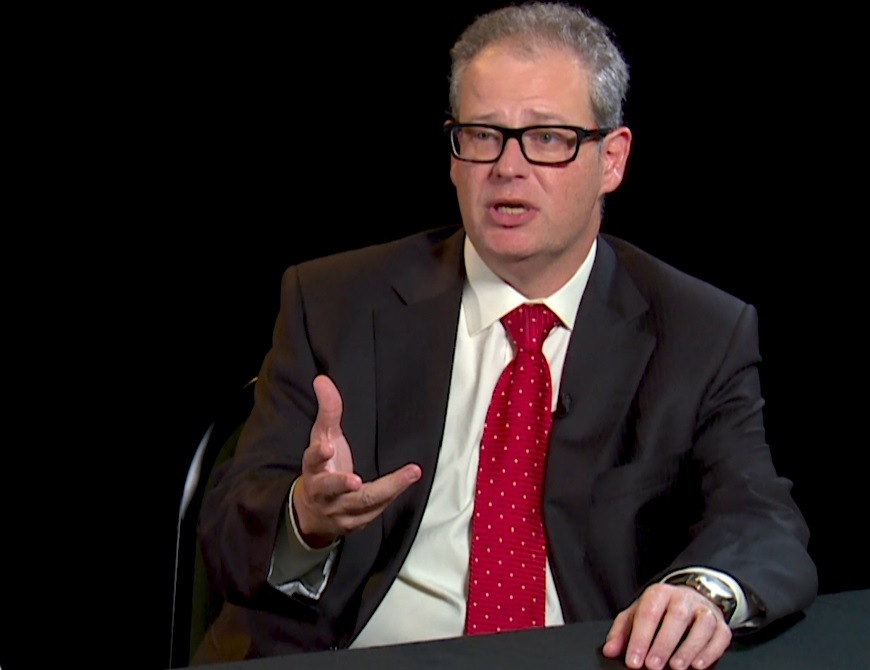RIO DE JANEIRO, BRAZIL – Sergio Cimerman, an infectologist and scientific coordinator of the Brazilian Society of Infectology, believes that the wearing of masks should be mandatory in Brazil at least until the end of 2020, and said he hopes people will report anyone failing to wear them in public areas.

“This is the new normal that we will experience, and we should probably have the mandatory wearing of masks until the end of the year. And people will have to get used to it. It’s going to be just another accessory that people are going to have, just like carrying our ID, the car keys, our watch, ladies’ accessories…” Cimerman said.
“The mask is also part of everyday life. It’s inadmissible today for anyone to walk around without wearing a mask. Citizens must denounce anyone who is not wearing a mask. Today, the courteous thing is to wear a mask; it is impolite not to wear a mask and not to cooperate with everyone,” added the infectologist.
Over the past 24 hours, Brazil has recorded a further 631 deaths caused by the novel coronavirus, according to the latest report released by the Ministry of Health. In addition to the new deaths, which raised the total to 72,100, the country also confirmed a further 24,831 new cases of the disease. The total number of infections is now 1,864,681.
Read more of Sergio Cimerman’s interview with UOL:
Building field hospitals in the interior?
I think the construction of field hospitals in the interior needs to be discussed, but with greater prudence, with greater reassurance. For instance, São Paulo deactivated the Pacaembu field hospital, but it has one in Ibirapuera, which is taking an adequate flow for cities like Campinas.
We need to have more interaction between state and municipal governments to understand this flexibility of beds, how this network will be covered, and how it will be provided to the population. To spend an unnecessary amount of money on buying new ventilators… Having hospitals that, although not located in the patient’s city, but to which the patient may be transferred with complete safety, not risking his/her life, we can hope.
We must have complete confidence at this time and properly assess the public resource to spend on what we really need for the population and avoid unnecessary expenses.
Today, we need to have what is called human resources, adequate HR. I need to have everyone, from the cleaning staff to intensive care physicians, general practitioners, infectologists who will assist patients in the front line. If we don’t have all these professionals involved and hired, what good is it to have several beds and several ventilators? That won’t be beneficial.
We must use as much as we have, save that resource. So that, when necessary – and we hope this doesn’t happen, because Brazil is now, in the great majority of states and municipalities, reaching the plateau stage – we can use this resource adequately. With no news of overbilling for ventilators, masks, etc.
Can there be cooperation from municipalities and states for the allocation of resources?
When we consider the medical issue, it is always possible. But there is a political issue in the pandemic. There’s a dialogue barrier. The federal government is not placing itself as the basis that should provide directions to all locations. If the advocates of hydroxychloroquine are polarized against those who do not take chloroquine, those who take ivermectin and those who do not, it gets difficult. The political issue today has been a major, negative fact, and it ultimately jeopardizes the population.
Coronavirus Spreading into the interior of Brazil
Brazil is demographically very large and we are now experiencing a period of flexibilization in virtually all municipalities. And then we’ll have to assess each one separately, that’s the point. We can’t assess a global picture.
The state of São Paulo is experiencing a process of interiorization in some cities, not all of them. There is an excessive number of cases in Campinas, Presidente Prudente, Ribeirão Preto, leading to a likely collapse of the public health system, particularly in intensive care units. But when you look at the capital, you see a stabilization, fewer deaths, fewer cases, and we are already in the plateau.
The city of São Paulo is now on the plateau, and it has been flexibilized with some degree of caution. And the population has observed the wearing of masks in particular, this is very significant. Despite the fine, which serves as a warning, we see that today, nine out of ten people wear masks, compared to the start of the pandemic, in March, when for every ten people only one was wearing a mask.
This is a factor that will help, along with distancing and hand sanitizing, to reduce the number of cases, hospitalizations, and deaths.
Source: UOL

